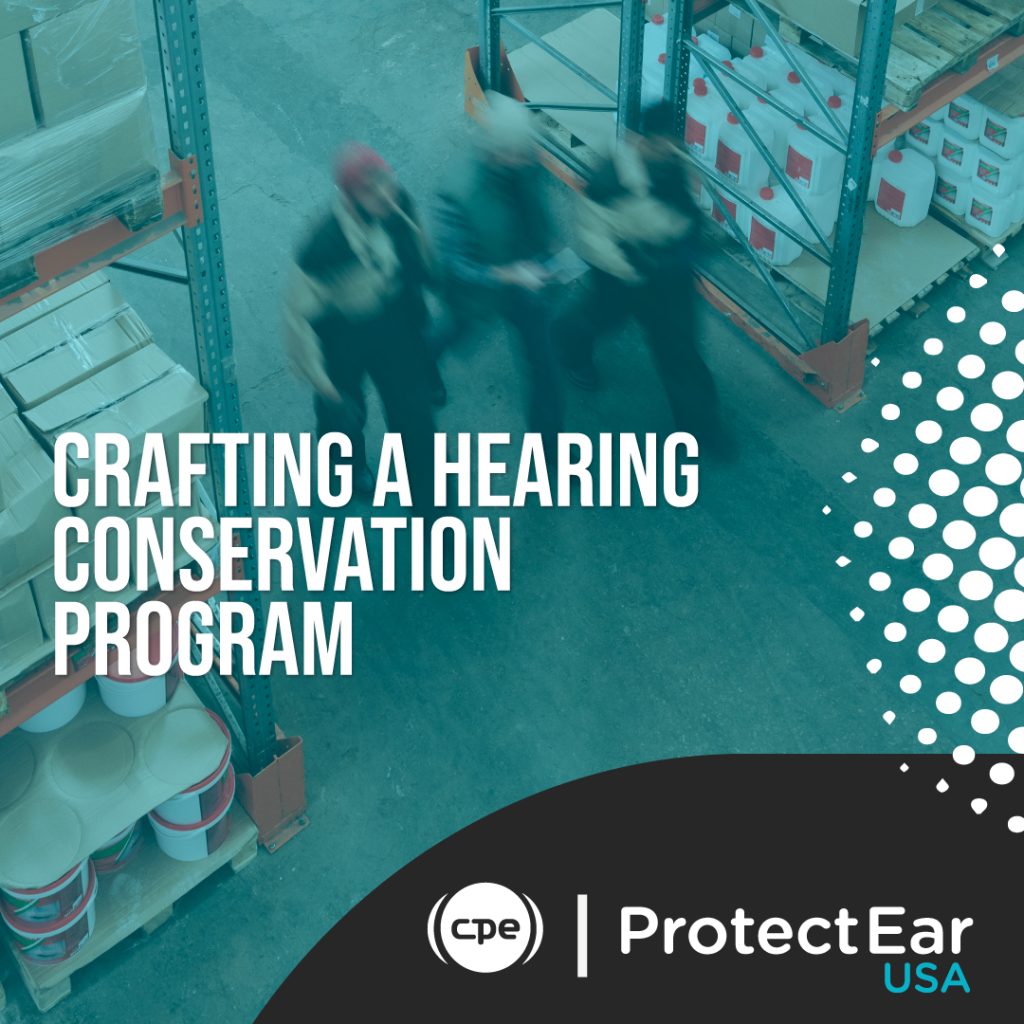January 30, 2024
A well-structured Hearing Conservation Program is essential for safeguarding your workplace against noise-related risks.
Here’s how to set it up:
🔊 Step 1: Noise Assessment – Begin by monitoring noise levels at your worksite. Your program’s foundation depends on your worksite’s noise generation.
🔊 Step 2: Noise Control – Implement measures to manage and reduce noise levels effectively.
🔊 Step 3: Hearing Protection – Provide and promote the use of hearing protection devices to shield your workforce.
🔊 Step 4: Audiometric Testing – Schedule regular testing to monitor hearing health and identify early warning signs.
🔊 Step 5: Program Evaluation – Continually assess and improve your program to ensure its effectiveness.
🔊 Step 6: Training and Education – Equip your team with the knowledge and skills needed to protect their hearing.
🚀 When to Consider a Hearing Conservation Program?
- A Hearing Conservation Program is strongly recommended if:
- Workers face exposure to noise levels exceeding 80 dBA.
- Workplace alterations, new equipment, or process modifications may significantly alter noise exposure.
- Note that specific requirements for noise assessment may vary by jurisdiction. Conducting an assessment at an action level of 80 dBA offers enhanced protection.
- Your employees’ hearing well-being is an investment in your workplace’s future. Craft your Hearing Conservation Program with care and diligence.
LEARN MORE ABOUT HEARING CONSERVATION
👂 #HearingProtection #WorkplaceSafety #customprotectear #protectear
